Table of Contents
It is difficult to know what really defines healthy eating in a world full of fad diets and contradicting nutrition recommendations. One thing, nevertheless, never changes: how crucial it is to fuel our bodies with foods high in nutrients. We will look at a wide range of nutritious f healthy foods in this in-depth guide that can provide your body with vital vitamins, minerals, and antioxidants to support optimal physical and mental health
1. Water

Drink of water 8 to 12 glasses of water each day.
2. Soy: The Nutrition-Powerhouses of Nature
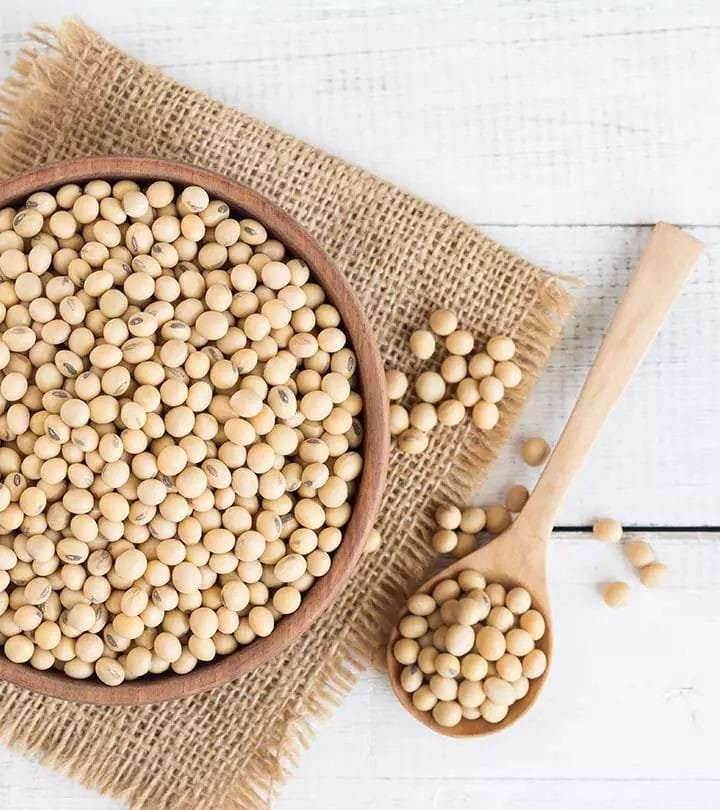
It is advised to include 25 grammes of soy protein per day in a low-fat diet to help decrease cholesterol. Try tempeh, edamame soybeans, tofu, soy milk, and texturized vegetable protein (TVP).
3. Fish – The Most Healthy Food

Aim for two to three servings of fish every week. Three to four ounces of cooked fish make up a dish. Bluefish, sardines, tuna, salmon, trout, and herring are all excellent options. Fish is a nutritional powerhouse, offering an abundance of protein, omega-3 fatty acids, vitamins, and minerals
4. yogurts

Between the ages of 19 and 50, both men and women require 1000 mg of calcium daily, while those who are 50 years or older require 1200 mg. Consume meals high in calcium, such as dairy products that are low or nonfat, three to four times a day. Make use of organic options. Yogurt is an excellent source of protein, making it an ideal food for supporting muscle growth, repair, and maintenance. A single serving of yogurt can provide a significant portion of your daily protein needs.
5. Fruits and Vegetables: vibrant sources of energy
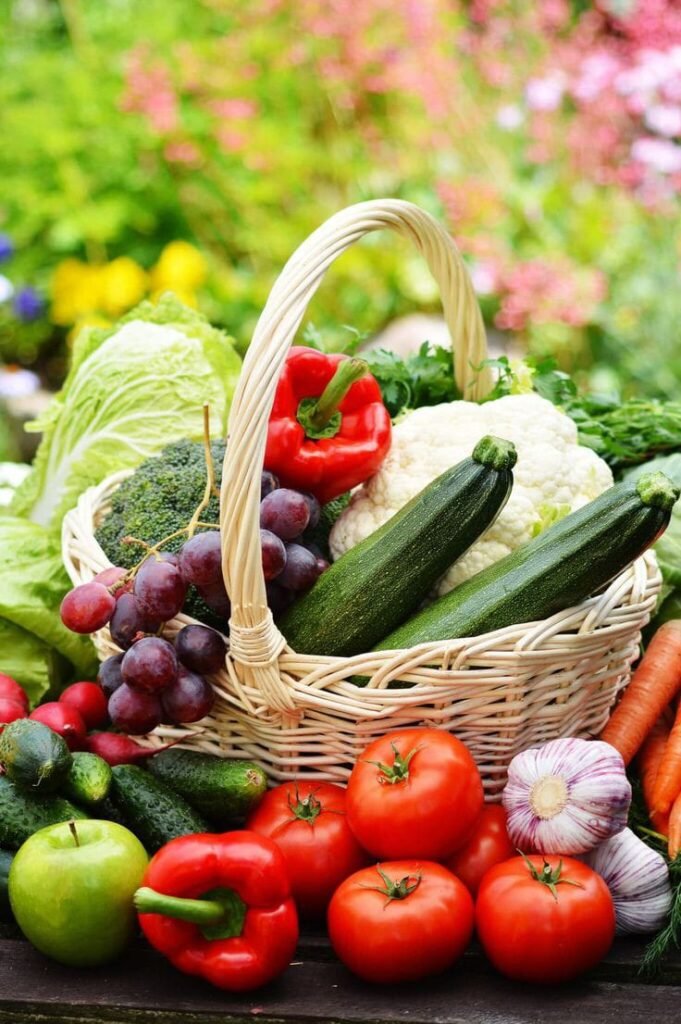
The hues of fruits and vegetables are like a rainbow; each one has its own special set of nutrients. Consuming a range of vibrant fruit helps strengthen your immune system, enhance digestion, and encourage healthy aging. Examples of such produce include antioxidant-rich berries and beta-carotene-rich carrots. To make sure you’re receiving a variety of vitamins, minerals, and phytonutrients, try to load your plate with a variety of fruits and vegetables.
6. Lean Proteins: The Components of Tissue and Muscle
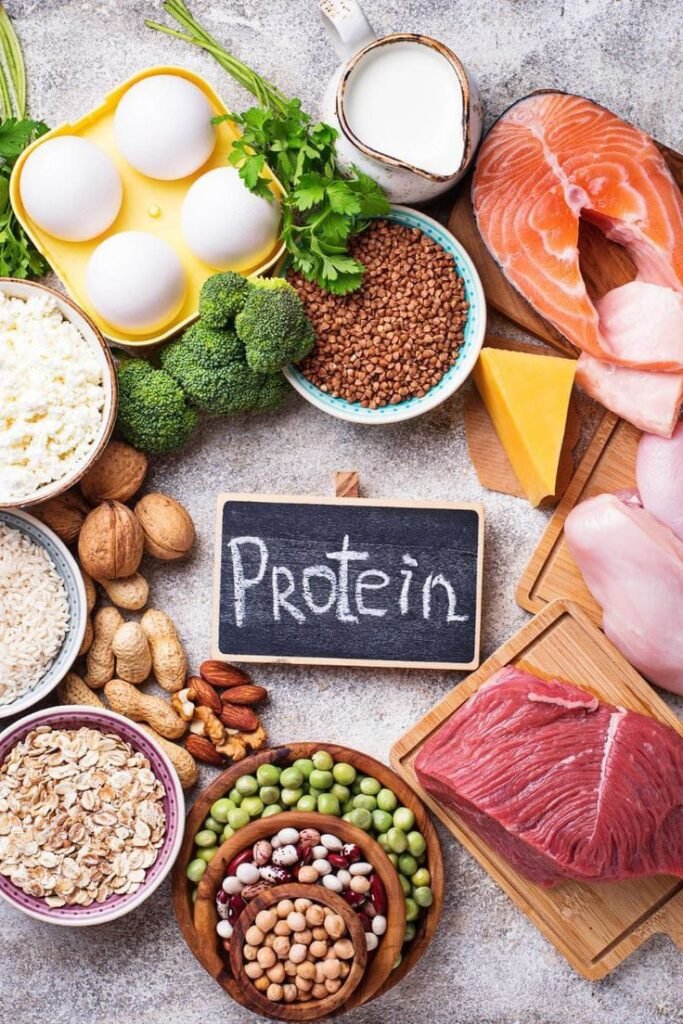
Protein is necessary for immune system support, tissue growth and repair, and the maintenance of healthy skin, hair, and nails. Choose lean protein sources including lentils, beans, fish, poultry, and tofu. These healthy foods high in protein are not only healthy but also adaptable, so you can use them to make a range of tasty and filling dishes. Including lean proteins in your meals can help stabilize blood sugar levels and prevent spikes and crashes in energy.
7. Greens vegetables

At least three or four times a week, consume dark green veggies. Broccoli, bell peppers, brussel sprouts, and leafy greens like spinach and kale are healthy food choices. Dark green vegetables are excellent sources of vitamin K, which is essential for bone health and calcium metabolism. Adequate vitamin K intake has been associated with a reduced risk of osteoporosis and fractures. Consuming dark green vegetables has been linked to a lower risk of heart disease and stroke.
Their high levels of potassium and magnesium help regulate blood pressure, while their fiber content promotes healthy cholesterol levels and reduces the risk of cardiovascular events.
8. Whole Grains
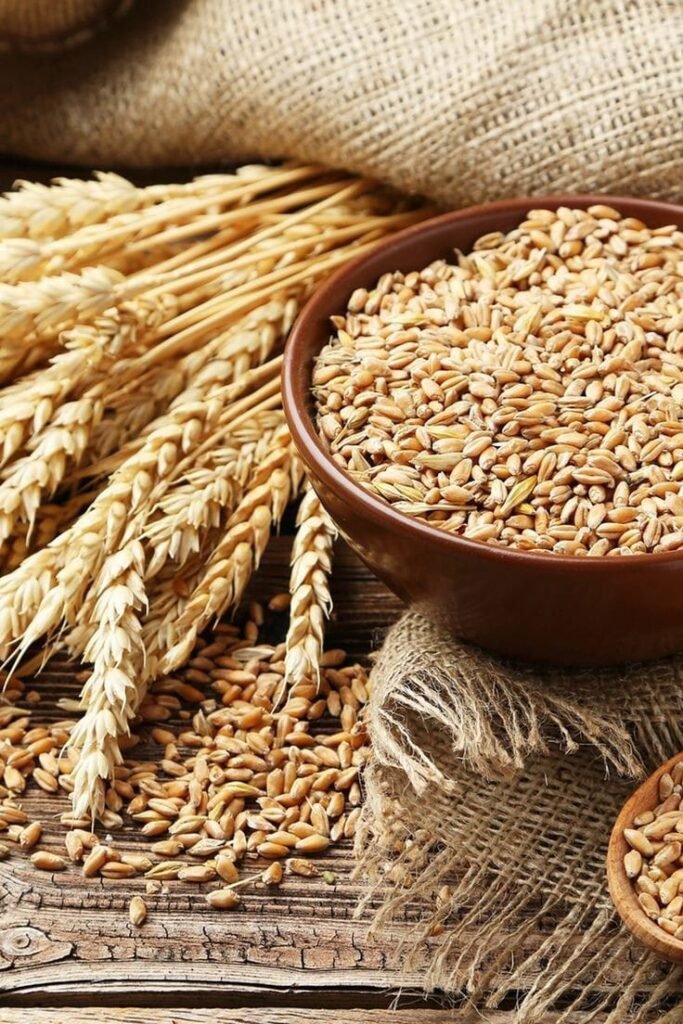
Packed with fiber, vitamins, and minerals, whole grains such as quinoa, brown rice, oats, and barley provide you long-lasting energy and encourage sensations of fullness. When feasible, replace processed grains with whole grains to promote healthy food digestion, control blood sugar, and lower the risk of chronic illnesses like heart disease and type 2 diabetes. To give your dishes more taste and texture, try experimenting with different whole grains in your cooking.
9. Hydration: The Basis of Well-Being

Drinking enough of water is crucial for good health in addition to eating healthy foods high in nutrients. Try to stay hydrated throughout the day to aid with digestion, control body temperature, and eliminate toxins. Excellent hydrating options include coconut water, infused water, and herbal teas. Restrict your use of sugar-filled drinks and high caffeine content as these might cause dehydration and exacerbate health problems including tooth decay and obesity.
10. Good Fats: Crucial for Heart and Brain Health
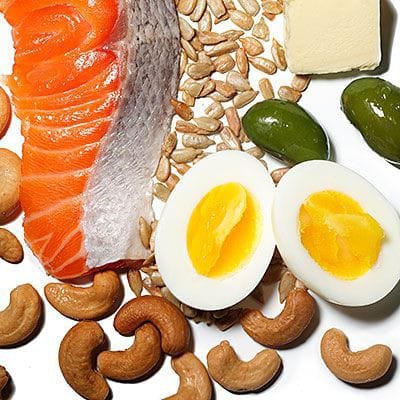
Healthy fats are essential for heart health, brain function, and general well-being, even though saturated and trans fats should be limited. Choose unsaturated fat sources including avocados, almonds, seeds, and olive oil. In addition to supporting cognitive function, these fats can help lower cholesterol and reduce inflammation. As part of a balanced diet, don’t forget to enjoy these fats in moderation.
Conclusion:
One of the best methods to boost your general health and well-being is to fuel your body with healthy foods. You may provide your body the vital elements it needs to survive by include a range of healthful foods in your diet. Always pay attention to your body’s signals of hunger and fullness, eat mindfully, and take pleasure in your food in a way that fulfills your spirit and body.
Now is the time to start including these wholesome items in your diet and discover the life-changing potential of eating well!

